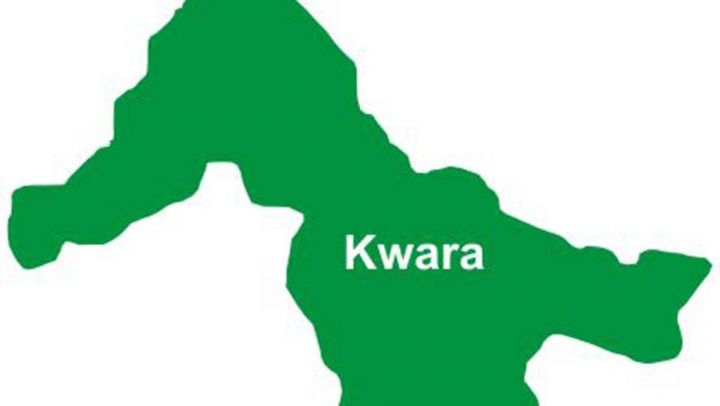Residents of Ilorin, the capital of Kwara State, have continued to respond to the socioeconomic difficulties brought on by the elimination of fuel subsidies nationwide.
While some locals applauded the federal government for eliminating the fuel subsidy, others criticized the execution as being ill-timed and poorly thought out.
Murtala Saheed Olayinka, the NLC chapter chairman for Kwara State, stated that “the government had no choice but to do what it did as it would be difficult for it to carry out proper and effective governance without it.

The labour leader continued, “A set of the cabal were feasting fat on the riches of the country, while a majority of the masses were suffering as a result. Therefore, the measure done by President Bola Ahmed Tinubu is a great step in the right path.
Murtala praised the state government’s multibillion-naira palliative program for its residents and employees, calling it a positive development and a temporary countermeasure to the impacts of the loss of gasoline subsidies.
Professor Hassan Salihu of the Political Science Department at the University of Ilorin responded by stating that it is obvious that little preparation was done prior to the eventual removal of the subsidies given the general trend of hardships and sufferings that have followed the removal of subsidies on petrol, gasoline, and even PMS in Nigeria.
“However, now that it has been done, I shall implore the administration to view the severity of the nation’s suffering as an emergency that requires immediate attention.
“My advise is to stop relying on the orthodoxy promoted by the Bretton Woods institutions or the textbook approach to running our economy.
Based on our recent encounters with the Covid-19 palliatives, it appears that the government’s anticipated layers for buffering the policy’s impacts may not be optimal.
Similarly, the planned monetary transfer is not a viable option. Heavy investment on products and services that benefit the underprivileged is the way to go.
Mass transit has been discussed, as has the release of more food supplies from government storage and maybe giving the government’s consumer protection agency more authority to help keep prices stable.
According to Professor Hassan, Nigeria may not be able to find a quick solution to its difficulties unless there is a huge intervention in the provision of products and services.
Professor Yomi Omoteso, Deputy Vice-Chancellor at the University of Ilorin, argued that eliminating the gasoline subsidy was an imperative step.
He predicted that while there would be temporary difficulties, everyone’s lives would ultimately improve if the money saved was put toward things like farming and building new roads.
Dr. Waheed Balogun, dean of student affairs at Federal Polytechnic, Offa, in Kwara State, also reacted, calling the withdrawal of the fuel subsidy a commendable measure “considering the situations Nigeria finds itself in.”
But he said the government’s scheduling and implementation strategies were nonsensical given the condition of average Nigerians, saying, “One would have expected the government to have the horse before the cart and not vice versa.”
Dr. Balogun has stated that introducing the removal without any real palliative in place, that may relieve the enormous hardships being meted out to ordinary Nigerians, is anti-climactic and an acrobatic strategy capable of putting the government of President Bola Tinubu in a terrible light.
He called on the government to be more pragmatic and attuned to the aspirations of everyday Nigerians in order to speed up its approach to administration.
Support InfoStride News' Credible Journalism: Only credible journalism can guarantee a fair, accountable and transparent society, including democracy and government. It involves a lot of efforts and money. We need your support. Click here to Donate
